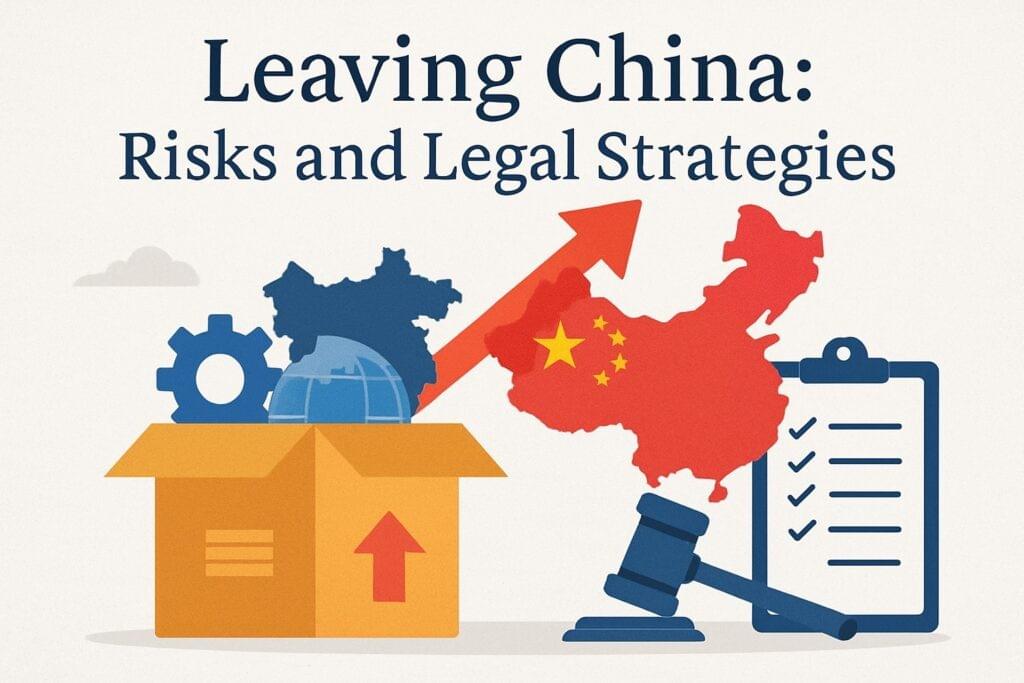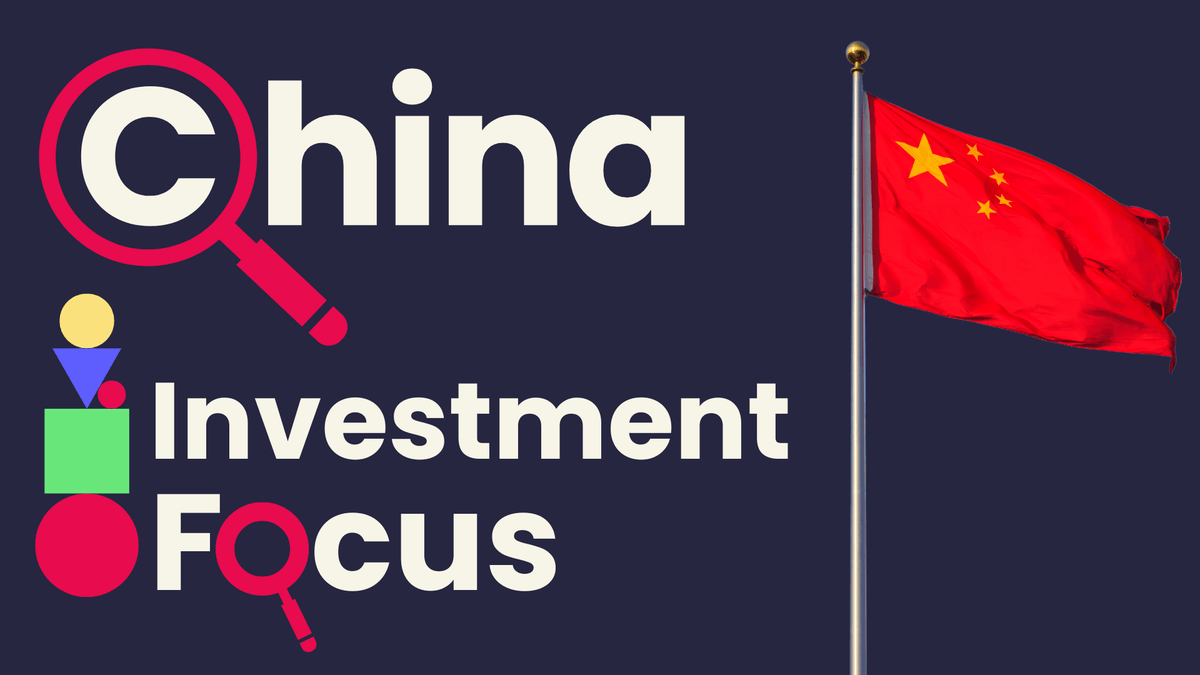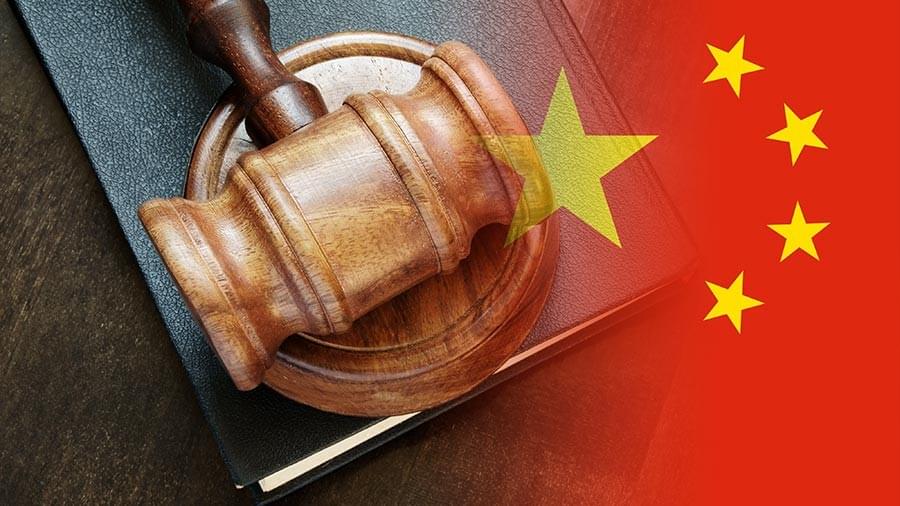Introduction: Welcome to the Regulatory Thunderdome
So you've decided to enter the Chinese market! Congratulations on your ambition, optimism, and possibly your complete disregard for legal complexity. China remains one of the world's largest markets and manufacturing hubs, offering tremendous opportunities for foreign businesses brave enough to navigate what can only be described as a regulatory labyrinth designed by Kafka after a particularly pessimistic day.
This guide examines the current legal challenges foreign companies face when doing business in China as of 2025, with a focus on recent regulatory developments and practical compliance strategies—or as we like to call it, "How to avoid accidentally becoming an international legal case study."

Foreign Investment: A Game of "Mother, May I?" With Extra Steps
The Ever-Evolving Negative List: China's Hottest Regulatory Playlist
China regulates foreign investment through its "Negative List" system, which specifies sectors where foreign investment is either prohibited or restricted. Think of it as an exclusive nightclub where the bouncer's criteria for entry change every time you approach the door.
The 2025 Negative List has eased some restrictions, particularly in manufacturing, entertainment, healthcare, and IT sectors. However, many strategic industries still maintain significant barriers to entry—as if they're wearing a "No Foreign Investment Allowed" t-shirt while standing next to a "Foreign Investment Welcome" sign.
In sectors not explicitly listed, foreign investors can theoretically receive "national treatment" similar to domestic companies. Nevertheless, foreign businesses often face additional scrutiny even in ostensibly open sectors, much like being the only person at a dinner party whose food everyone feels entitled to sample before you take a bite.
Business Structures: Choose Your Adventure (Options Limited)
Foreign companies entering China must carefully select their business structure based on regulatory constraints, much like choosing the least uncomfortable seat on a 14-hour flight:
- Wholly Foreign-Owned Enterprises (WFOEs): While previously subject to different regulations than Chinese businesses, recent legal changes have reduced these differences, allowing foreign-owned businesses to set up as standard limited liability companies in permitted sectors. It's like being allowed to join the club but everyone still knows you're not a regular.
- Joint Ventures (JVs): In restricted sectors, foreign companies may be required to form joint ventures with Chinese partners, often with limitations on maximum foreign ownership percentages and requirements for Chinese management participation. Imagine being told you can buy a car, but someone else gets to hold the keys and decide where you're driving.
- Variable Interest Entities (VIEs): These complex contractual arrangements allow foreign investment in restricted sectors through control agreements rather than direct ownership. Though widely used, VIEs operate in a legal gray area with significant regulatory risk. It's essentially a corporate version of "I'm not touching you" that somehow works until it suddenly doesn't.
- Representative Offices: These allow limited non-profit activities like market research but prohibit direct business operations or revenue generation. It's like being allowed to look at the buffet but not eat anything—useful for reconnaissance but ultimately unsatisfying.

Intellectual Property: Where Hope Meets Reality
New IP Regulatory Framework: The Latest Episode in a Long-Running Series
In March 2025, China enacted new "Regulations on the Handling of Foreign-Related Intellectual Property Disputes," effective May 1, 2025. These regulations aim to enhance China's IP protection framework, particularly for cross-border disputes. It's like watching the 25th sequel in a movie franchise—you want to believe this one will finally get it right.
China has also issued the "2025 Intellectual Property Nation Building Promotion Plan" to strengthen its domestic IP regime. While these developments show a commitment to improving IP protection, foreign businesses still face significant challenges, much like how a fancy new security system doesn't help if you've already been robbed six times.
Common IP Protection Issues: The Greatest Hits Album
Foreign companies continue to encounter:
- Trademark squatting: Local entities registering foreign brands before the legitimate owner enters China. It's like arriving at your new apartment to find someone else has already moved in, changed the locks, and is now legally you.
- Counterfeiting and patent infringement: Despite improved enforcement, violations remain common. Your product might be so successful it spawns an entire ecosystem of fake versions before you've even broken even.
- Technology transfer concerns: Requirements to share technology with Chinese partners in some sectors. Imagine being asked to explain exactly how you make your secret family recipe as a condition of selling it.
- Recognition of data as intellectual property: China now recognizes data as a new form of IP, allowing its registration, licensing, and commercialization. This is actually progressive—it's just implemented in ways that might make your data security team develop a nervous twitch.

Data Security: Where Paranoia Meets Policy
Comprehensive Data Regime: The Great Firewall Gets an Upgrade
China has implemented one of the world's strictest data protection frameworks, with several key regulations affecting foreign businesses:
- Network Data Security Management Regulation: Effective January 1, 2025, imposes stringent requirements on data handlers. It's like being told your bedroom must be organized according to feng shui principles, but the principles change weekly and are written in code.
- Data localization requirements: Foreign companies must store certain types of data within China's borders and undergo security assessments before transferring data overseas. Imagine being told your cloud is too foreign and needs to be a local, artisanal, hand-crafted Chinese cloud instead.
- Critical information infrastructure regulations: Companies in key sectors face heightened security requirements. If your business is deemed "critical," congratulations! You've won extra regulatory scrutiny and the permanent attention of multiple government agencies.
These regulations create complex compliance burdens, especially for companies that operate global IT systems or rely on cross-border data transfers. It's like trying to run a global email system where certain words can only travel within specific geographic boundaries.

National Security: When Everything Is Potentially Sensitive
Expanded Security Review Scope: The Definition of "National Security" Gets a Glow-Up
China has broadened its national security review process beyond traditional sensitive sectors to include emerging technologies like AI, semiconductors, and new energy. This expansion increases regulatory uncertainty for foreign investors, much like playing a game where "security concerns" might suddenly apply to your coffee machine learning algorithm.
Political Considerations: The Invisible Dance Partner
Foreign businesses must navigate increasing Communist Party influence in corporate governance and ensure compliance with politically sensitive requirements. This can create tension with corporate governance standards and compliance expectations in home countries. It's like trying to follow two different dance instructors simultaneously while pretending you're only listening to one of them.
Private Economy Promotion and State Control: The Official Contradiction
China's new Private Economy Promotion Law represents an attempt to reassure private businesses, but it largely restates existing policies that have failed to resolve fundamental challenges. It's the regulatory equivalent of saying "We really mean it this time" while not actually changing anything substantial.
Compliance: The Paperwork Olympics
Compliance and Reporting Obligations: Trees Tremble at Your Approach
Foreign businesses face extensive reporting requirements:
- Financial reporting: Annual financial statements with heightened scrutiny, because your accounting practices are apparently fascinating reading material for multiple government departments.
- Tax compliance: Complex tax filings with evolving regulations. By the time you understand the tax code, it's changed, and your knowledge is as outdated as last season's smartphone.
- Employment reporting: Detailed employee information requirements that make your HR department question their career choices.
- Environmental and sustainability reporting: Increasingly stringent environmental impact disclosures. Your carbon footprint is now public information, measured down to how heavily your executives sigh during compliance meetings.
- Anti-bribery compliance: Strict anti-corruption measures requiring comprehensive internal controls. Remember: what counts as a business dinner in New York might count as bribery in Beijing.

Emerging Legal Frontiers: Tomorrow's Compliance Headaches Today
Digital Economy Regulations: The Internet Gets Rules
New regulations governing digital platforms, algorithms, and online content create additional compliance burdens for technology companies and online service providers. If your business touches the internet in any way, there's probably a new regulation about it you haven't read yet.
Personal Information Protection: Privacy Gets Serious
A landmark personal information lawsuit in 2025 has provided insights into how Chinese courts interpret user consent and data processing necessity, establishing important precedents for businesses handling personal data. The era of "I Agree" button-mashing without consequences is officially over.
Foreign-Related IP Framework: International Disputes Get a Makeover
The new 18-article regulation for handling foreign-related IP cases clarifies government roles in managing international IP disputes, presenting both opportunities and challenges for foreign rights holders. It's like getting a new rulebook for a game you've been losing—potentially helpful, but the other players still have home field advantage.

Survival Strategies: How Not to Become a Cautionary Tale
Proactive Compliance: Embrace the Bureaucracy
- Stay informed: Monitor regulatory changes through reliable local legal resources, or as we like to call it, "regulatory birdwatching"—constantly scanning the horizon for new species of compliance requirements.
- Build strong local partnerships: Engage with reputable local firms familiar with both Chinese requirements and international standards. They're your regulatory translators, cultural interpreters, and occasionally, your business therapists.
- Invest in compliance infrastructure: Develop robust internal systems for data management, IP protection, and regulatory reporting. Yes, it's expensive. No, it's not optional.
Careful Business Planning: Look Before You Leap, Then Look Again
- Strategic structure selection: Choose the most appropriate business vehicle based on your industry, scale, and long-term objectives. It's like picking a car for a road trip where the terrain, weather conditions, and traffic laws might change without notice.
- IP portfolio management: Register all relevant IP rights promptly and develop comprehensive protection strategies. If you haven't registered your trademark in China, someone else probably already has.
- Risk assessment: Conduct thorough due diligence and risk analysis before significant investments. What looks like a straightforward business decision from New York or London might have unexpected complications when viewed from Beijing.

Conclusion: Yes, It's Worth It (Probably)
While China offers tremendous business opportunities, its complex and evolving legal landscape presents significant challenges for foreign companies. The 2025 regulatory environment shows some signs of opening in certain sectors but also reveals increasing complexity in data governance, security reviews, and compliance requirements.
Foreign businesses that invest in understanding these challenges and developing comprehensive compliance strategies will be better positioned to succeed in the Chinese market. Working with experienced local partners and legal advisors remains essential for navigating this complex terrain effectively—think of them as your regulatory GPS in a landscape where the roads keep changing.
Remember: in China, business success isn't just about having the best product or service—it's about having the best regulatory navigation system. May the compliance odds be ever in your favor.